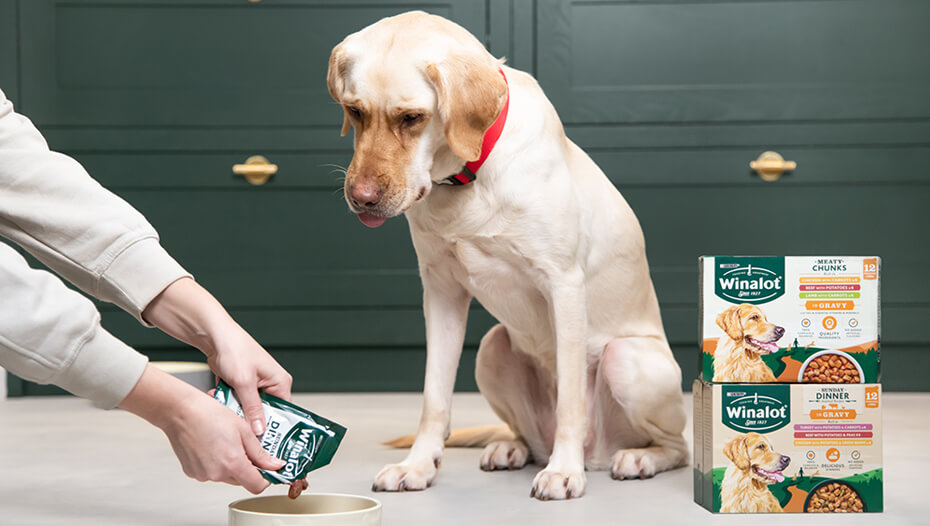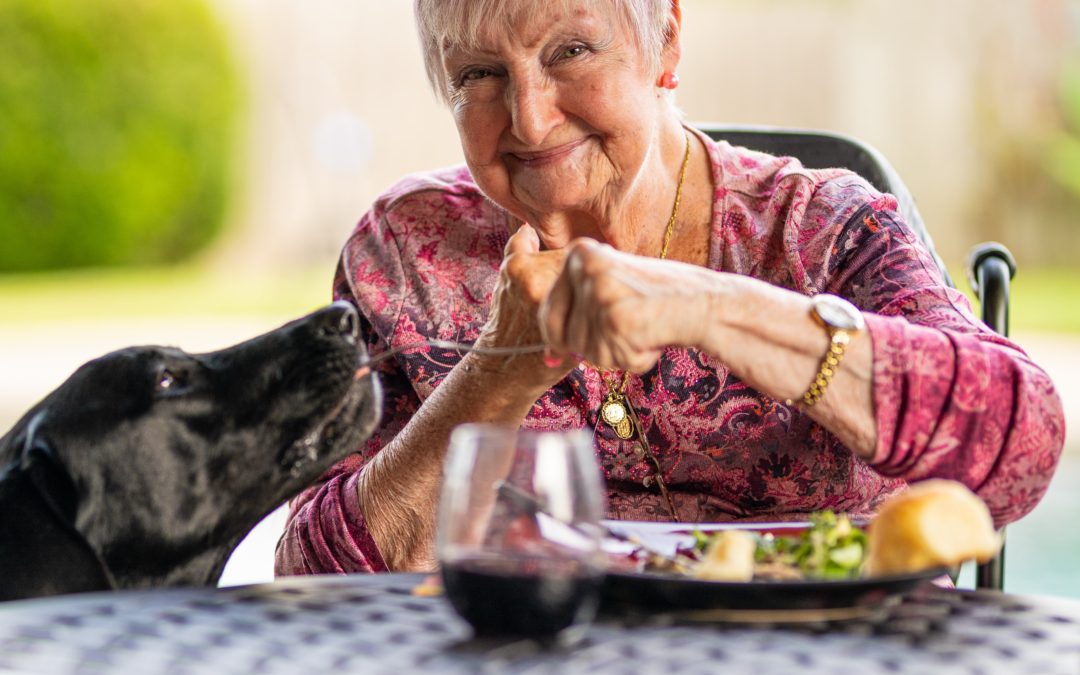
Freeze-dried dog food is often associated with raw diets, but it can pose risks to both pets and their owners. Although the freeze-drying process may eliminate some harmful pathogens, feeding your dog raw food, in any form, may not be safe. In the vast landscape of dog food options available at local pet stores or online, it’s crucial for pet parents to grasp the distinctions between various types of dog foods, their advantages, and potential safety concerns before serving them to their dogs.
One such dog food option is freeze-dried dog food, which essentially consists of raw, freeze-dried ingredients to create shelf-stable dog food or treats. Manufacturers use a combination of cold temperatures and pressure to freeze-dry the raw ingredients, converting frozen liquids into gas before raising the temperature. This process extends the product’s shelf life, making it more convenient for pet parents than handling frozen raw food.
It’s vital to recognize that freeze-dried dog food remains raw in nature. While the freeze-drying process retains many nutrients found in raw foods, it does not eliminate all the pathogens or bacteria present in raw meat. Consequently, misconceptions about the health benefits of this diet exist, and pet parents should be aware of the potential health implications of feeding dogs a raw diet in any form.
Benefits And Drawbacks Of Freeze-Dried Dog Food
Is freeze-dried dog food a healthy choice for dogs? Many pet owners believe in the health advantages of the raw food diet, which they see as a natural way for dogs to eat, similar to their wolf ancestors. However, it’s important to note that such beliefs are not supported by scientific evidence, and there may be more risks associated with this diet.
Raw food, including freeze-dried dog food, can carry risks of foodborne illnesses for dogs and humans alike, especially if not handled correctly. These raw foods can contain pathogens that lead to bacterial infections. Despite claims of improved skin, digestion, and energy, no scientific studies confirm enhanced health benefits for dogs following a raw diet.
While freeze-dried dog food does offer convenience, feeding it to your dog may elevate the risk of nutritional deficiencies and gastrointestinal issues. The uncooked meat in these diets can cause food poisoning, and it’s important to understand that there is no solid scientific basis for the belief that a raw diet is nutritionally superior for dogs.
Although there are some advantages to freeze-dried dog food, such as extended shelf life, convenience, absence of exposed bones, and grain-free nature, it’s essential to remember that this type of food remains part of the raw dog food diet. As such, it comes with potential risks and may not be the safest option for your pet. Additionally, abrupt dietary changes can lead to gastrointestinal disturbances in dogs, such as vomiting and diarrhea.
Should I Feed My Dog Freeze-Dried Food?

Is freeze-dried dog food a safe and healthy choice? While it contains various nutrients, including protein and essential vitamins, most experts and organizations, like the American Veterinary Medical Association, discourage feeding dogs raw food in any form due to the risk of contamination and illness. The freeze-drying process may eliminate some pathogens, but not all, and there’s no reason to jeopardize your dog’s health and safety.
Raw food, even in freeze-dried form, can be contaminated with various pathogens, including Salmonella and Listeria, which can be harmful to both dogs and their owners. Infections can potentially pass from pets to people, making it crucial to avoid raw foods if you have young children or other pets in your household. Dogs with underlying health conditions are also at risk when consuming raw food due to their compromised immune systems.
Feeding your dog traditional kibble over freeze-dried dog food is recommended because kibble undergoes heat processing that effectively eliminates bacteria. Freeze-dried dog food, despite its appearance, retains the same pathogens as raw meat, making it a less safe option for your dog.
If you have concerns about your dog’s diet and wish to provide them with high-quality nutrition, it’s always best to consult your veterinarian. They can advise you on the most suitable foods for your dog, considering factors such as age, health, and dietary preferences.
Freeze-Dried Food For Dogs: FAQs
Is freeze-dried food safe for dogs? No, freeze-dried food is not considered safe for dogs, as it retains the risks associated with raw food. Many veterinarians discourage feeding dogs raw food in any form due to the potential for contamination and illness. The freeze-drying process may eliminate some pathogens but not all, making it a less safe option compared to foods that undergo heat processing to remove pathogens.
How nutritious is freeze-dried dog food? Freeze-dried dog food preserves the nutritional content of raw meat. However, it does not necessarily offer higher nutrition than traditional kibble. To assess the nutritional value of dog food, it’s essential to examine the product label and ensure it provides a complete and balanced diet with the necessary nutrients for your dog’s well-being.
Final Notes
Freeze-dried dog food, while convenient, is an element of the raw dog food diet. It preserves the raw nature of the food but does not eliminate all the potential risks and pathogens associated with raw meat. Consequently, it may not be the safest choice for your pet. If you are uncertain about the best diet for your dog, consult your veterinarian, who can offer guidance on dog nutrition and help you select the most appropriate food based on your pet’s age, health, and dietary needs.